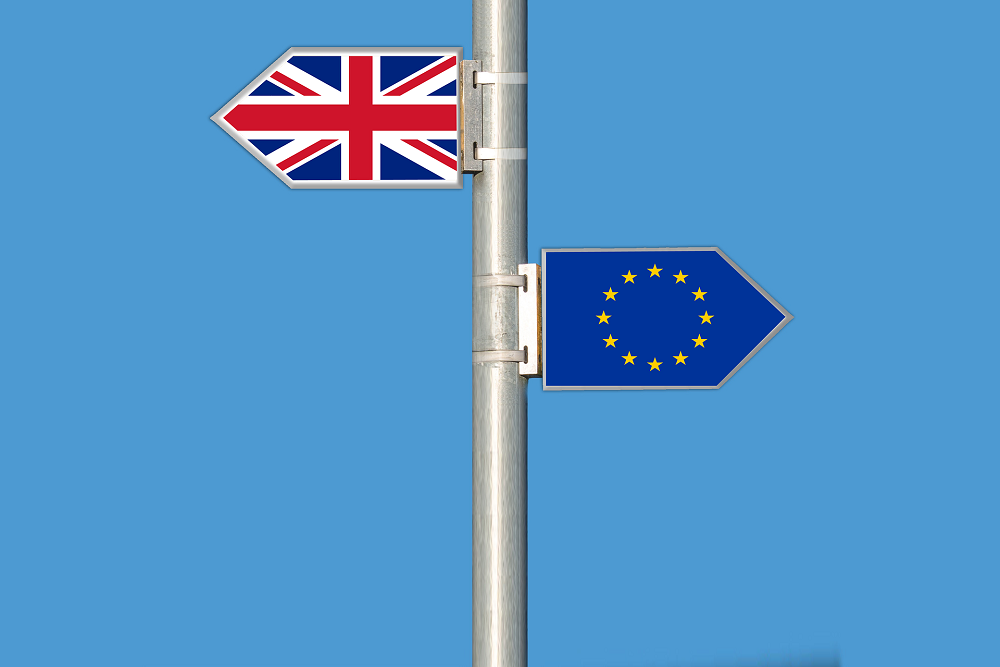Anne Milton, the UK Education Minister, has just announced her resignation from the position, stating that Brexit and the Tory party have made her increasingly concerned for the future of the country.
Having abstained in the vote last week, today I have resigned from the Government. It has been an honour to serve on the Conservative frontbenches, my thanks to everyone I have had the pleasure of working alongside. pic.twitter.com/ELo1Y30YqC
— Rt Hon Anne Milton (@AnneMilton) July 23, 2019
In her resignation letter, Ms. Milton stated that while this is one of the hardest decisions she has had to take throughout her career, she is not comfortable working with no-deal Brexit supporters.
According to many members of parliament, a hard exit from the European Union is not the solution to the Brexit crisis. However, currently, there is an increased possibility that Tory members will take high positions in the government after Prime Minister Theresa May’s resignation comes into force.
UK Education and Brexit
Ms. Milton’s resignation is just one of several examples of how UK education has been negatively affected by Brexit negotiations. Recent research has concluded that students and parents across the country show less interest in foreign languages, as a result of the UK’s exit from the European Union.
Increased tensions regarding the future relationship with the European Union has also made international students reconsider going to British higher education. While research shows that students from Asian countries, especially China, are actively looking to join universities in the UK, the data for European citizens indicates that there is a significant drop in applications.
Brexit will bring an unpredictable wave of changes across all systems in the United Kingdom, including the educational one. However, what is worrying is that people in important positions like Ms. Milton are resigning because of the severity of consequences they expect, in case of a no-deal exit.







